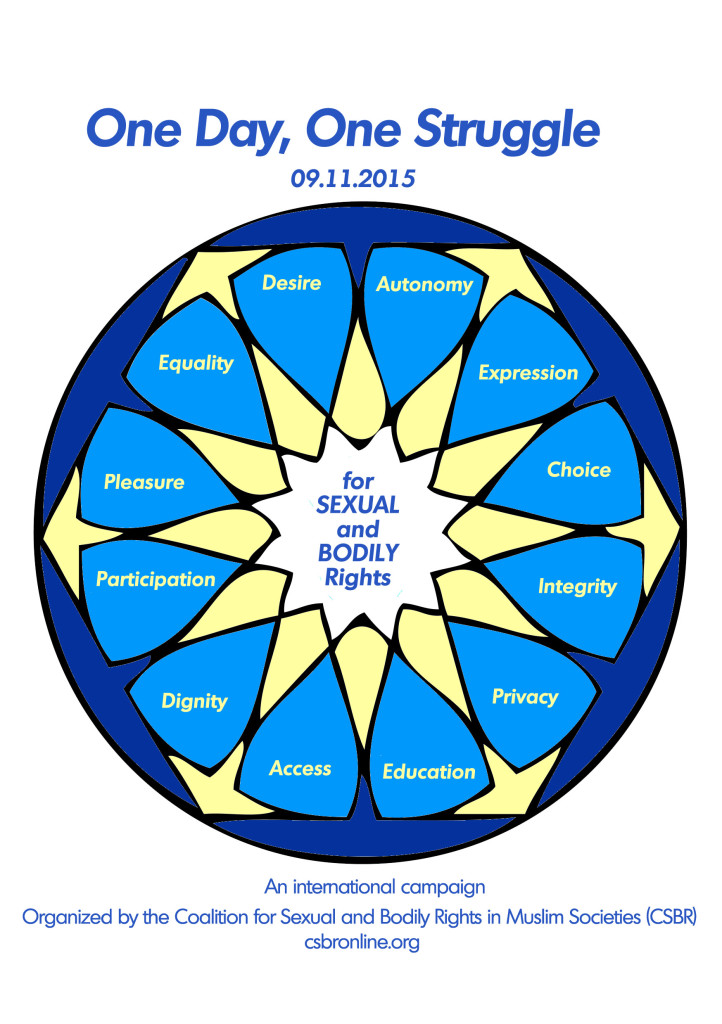CSBR had the pleasure of joining ASEAN SOGIE CAUCUS, Sayoni, UN Women Asia Pacific & Justice for Sisters to organize and facilitate a 2-day forum on lesbian, bisexual and queer women’s issues from 4-5 December 2017, ahead of the ILGA-Asia 2017 conference in Phnom Penh, Cambodia.
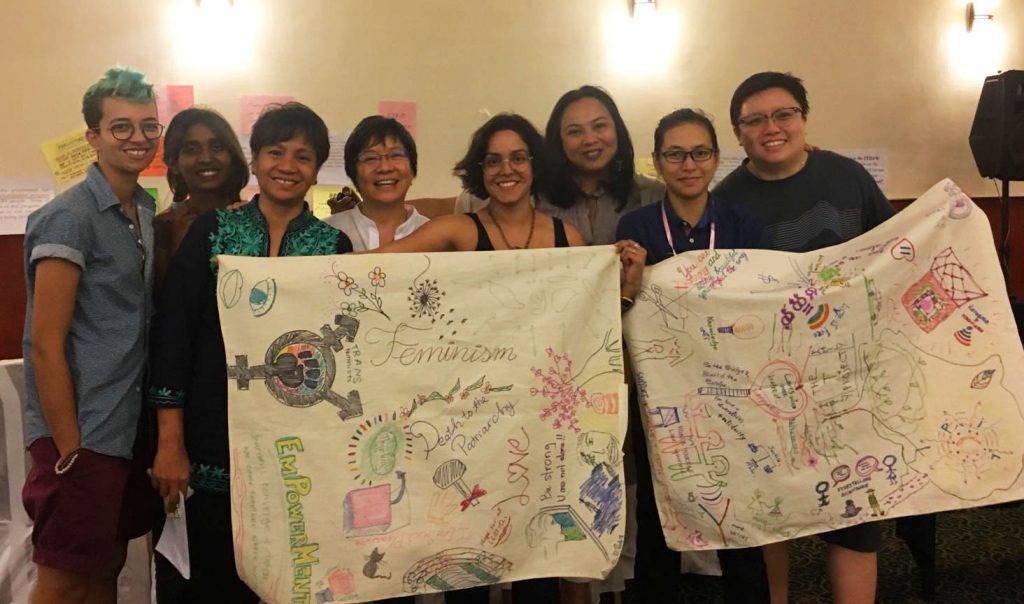
Over the two days, 40 or so participants joined in the discussions, personal story sharing, queer movement history mappings, and the distillation of key issues and concerns for lesbian, bisexual, trans women, trans men and queer (LBTQ) persons. A diverse group of LBTQ rights activists were represented from across Asia, including from Bangladesh, Cambodia, China, Hong Kong, India, Indonesia, Iran, Japan, Lebanon, Nepal, Malaysia, Pakistan, Philippines, Singapore, South Korea, Taiwan, Thailand and Vietnam.
The LBTQ Caucus was a first of its kind at the ILGA Asia conference, and took place due to the demands of LBQ activists to address the consistent marginalization of LBQ women’s visibility and leadership within the wider movements for LGBTIQ+ human rights.
The caucus resulted in a collaborative statement which highlights core concerns that emerged and eleven recommendations moving forward towards strengthening movements for LBTQ rights across the region.

Read the statement below and download the PDF here: LBTQ Caucus Statement 2017-Phnom Penh
__________________________________________________________________
Statement of the LBTQ CAUCUS*
8 December 2017 | Phnom Penh, Cambodia
Lesbian, bisexual, trans women, trans men, and queer persons (LBTQ) exist in all of human diversity. Our issues and concerns cut across diverse groups and communities, including other marginalized groups such as people with disabilities, refugees, migrant workers, and indigenous peoples.
LBTQ persons experience multiple and intersecting forms of discrimination and violence in multiple spaces based on our assigned, actual, or perceived sexual orientation, gender identity, gender expression, and sex characteristics (SOGIESC). We face arbitrary persecution, socio-economic marginalization, and violation of our self-determination, sexual autonomy, and bodily integrity because of our SOGIESC. Our experiences are often invisible, silenced, and unaddressed.
Gender based violence
The multiple and intersecting layers of discrimination and violence that LBTQ persons experience are underpinned and informed by patriarchal socio-cultural, religious and familial values and structures that expect or impose heteronormative,[1] cisnormative,[2] and socially prescribed behaviors and relationships. Failure to adhere to these norms results in stigma, social exclusion, and increased vulnerability to discrimination, violence, and other forms of punishment.
Families are often sites of violence and discrimination against LBTQ persons.[3] Families can act as powerful enforcers of deeply held patriarchal values that demand of women and persons assigned female at birth to accept a subordinate place in social and familial hierarchies, and to uphold family and community interests. This becomes an integral part of the continuum of violence and discrimination that is perpetuated against LBTQ persons in public institutions and society at large.
Domestic violence and intimate partner violence within LBTQ communities remain unaddressed, due in part to a lack of data, tools, and understanding of how to respond to these forms of violence. While some community support mechanisms exist, their scale and reach remain limited. Moreover, people who experience domestic and intimate partner violence often face isolation, and are pressured to keep silent on these issues by the society at large as well as their own communities.
Criminalization
States institutionalize discrimination and violence against LBTQ persons through laws, policies, and practices, arbitrarily marking us as criminals or deviants. Across national contexts, our consensual sexual relations are criminalized, with several countries even imposing the death penalty. Increasingly, laws are also being used to criminalize and restrict our freedom of assembly, association, and expression.
Even when LBTQ persons are not criminalized, we are at heightened risk of harassment, intimidation, arbitrary arrest, or trumped-up charges by state actors with impunity. In plural legal systems, the multiple layers of anti-LBTQ norms and regulations from quasi-state and non-state legal institutions and actors add to the oppression that LBTQ persons experience and create complications in our efforts to access justice. Advocacy often focuses on how discriminatory laws and policies target gay men, which speaks of the need to expand recognition and understanding of the cascading effects of criminalization on lesbians, bisexuals, and transgender persons.
Physical, sexual, and mental health
The discrimination and violence that LBTQ persons experience impacts adversely on our physical, sexual, and mental health. Depression, substance abuse, and self-harming behaviors, even suicide, are common among LBTQ people. The lack of family and social support, and the lack of accessible health services, aggravate the effects of these problems. Medical health professionals generally lack consciousness about the health issues of LBTQ persons or are not trained to deal with us. In general, society and even LGBTIQ+ movements have failed to acknowledge the serious health dimensions of the discrimination and violence that LBTQ people experience. This includes the physical and psychological harms caused by medically unnecessary and invasive surgery on intersex people. Sexual and reproductive health rights of LBTQ peoples are still not seen as a priority concern within existing SOGIESC advocacy.
Feminist organizing and movement building
LBTQ persons continue to mobilize resistance to the discrimination and violence we face, and to protect and promote our rights across Asia. The movement for LBTQ rights is growing, and it also faces many challenges. Externally, our organizing is taking place amidst rising political authoritarianism and religious fundamentalisms, the expansion of neoliberal trade policies that increase disparities in social welfare and the feminization of poverty, as well as forced migration and displacement due to conflicts and climate change. Feminist movement building is all the more urgent in this context.
Within the broader movement for the recognition, protection, and promotion of the rights of all persons of diverse SOGIESC, the dominance of cisgender gay male leadership, discourse, and practices shapes the movement’s international and national advocacy priorities, and poses a challenge to the struggle of LBTQ persons to be visible, recognized, and respected. The use of English as a medium in practically all areas of regional and international advocacy, including communication materials, has further marginalized LBTQ people who do not speak the language.
Movement building has also been affected by funding models, results-oriented criteria, and frameworks of donor organizations that do not reflect the lived realities of LBTQ women, thereby reinforcing our marginalization. The added layer of global north organizations and networks acting as intermediaries and directing regional priorities and the flow of financial resources limits the genuine growth of grassroots and global south led initiatives, and maintains existing disparities. Global resource reviews from 2013-2015 showed that funding for lesbians makes up 3-5% and for bisexuals less than 1% of the total funding for LGBTIQ+ organizations outside the United States.[4] There is a critical need to review existing donor frameworks and to address the significant funding gap for global south LBTQ organizing.
LBTQ persons continue to experience resistance to integrating our concerns within other movements. Our concerns are still perceived as “too political” or “too controversial”, potentially jeopardizing the progress of the feminist, development and human rights agenda.
LBTQ human rights defenders
Presently LBTQ human rights defenders face increased threats, intimidation, censorship and persecution within a context of rising state crackdowns on human rights organizing across the region. In some contexts, there is no protection at all for human rights defenders. This has created fertile ground for collusion between state and non-state actors to proceed with impunity in targeting LGBTIQ+ people and communities. While some data exists,[5] there remains a clear gap in our understandings of the nature and expanse of threats specifically against LBTQ human rights defenders.
RECOMMENDATIONS
- Guiding Principles. In the adoption of measures and interventions to eliminate discrimination and violence against LBTQ and to address our needs and concerns, state and non-state actors should uphold the right to self-determination, autonomy and bodily integrity of LBTQ persons. Participation of LBTQ persons and communities in the revision or creation of legislation and programs must be a priority. Our human rights must be respected, protected, and promoted at all times.
- Decriminalization. States should work toward repealing all laws criminalizing LBTQ persons based on assigned, actual or perceived sexual orientation, gender identity, gender expression, or consensual sexual acts. This includes all laws criminalizing and restricting freedom of assembly, association, and expression of LGBT groups and the work of human rights defenders.
- Legal protection from gender-based violence, discrimination and mechanisms for redress. States should pass comprehensive anti-discrimination and other appropriate laws that explicitly include protections for all forms of discrimination and violence on the basis of SOGIESC. Domestic violence laws should cover diverse forms of families, relationships, and violence. Governments should also explore alternative redress and support mechanisms beyond criminalization, particularly at the municipal levels. Community-driven prevention and support mechanisms, including targeted social services for LBTQ people, should be budgeted for, established and made accessible.
- Legal gender recognition. Governments and communities should work toward the legal recognition and affirmation of trans people’s gender identity, based on self-determination and bodily autonomy, without mandating medical interventions.
- Review international human rights norms and standards. The sex and gender binary of male and female and the heteronormative framework of many international human rights standards need to be reviewed, including in CEDAW documents.
- Documentation and research. Documentation and research on varied forms of discrimination, lived experiences and needs of LBTQ persons and human rights defenders is imperative, using feminist and participatory framework and methodology. Research should be action-oriented, and produce disaggregated data based on gender identity and intersecting groupings.
- Addressing physical, sexual, and mental health issues. LBTQ people’s experiences of physical, sexual, and mental health issues must be heard and define any interventions to be made. Health care and support service professionals need to be provided appropriate training in order to enact sensitive and gender-responsive approaches to LBTQ persons’ health needs, without necessarily medicalizing or pathologizing our concerns. Comprehensive and accessible healthcare information and services for LBTQ people, including friendly and affirming sexual reproductive health services and counseling, must be established and integrated in national healthcare systems.
- Education. Gender, SOGIESC, and comprehensive sexual health and rights education should be introduced and integrated in school curricula.
- Political participation. Affirmative measures designed to increase the political participation of LBTQ persons in community, government and international processes and institutions, including measures designed to ensure that the LBTQ people are represented in elective positions, must be adopted.
- Movement building. Movement building is critical in empowering LBTQ people and enhancing our capacity to take action to address the discrimination and violence we experience and to transform social attitudes towards us. Grassroots LBTQ community-led initiatives must be supported as the foundation of building effective and sustainable movements for the protection and promotion of our human rights. Responsive budgeting and financial commitments should be made to ensure meaningful participation and language justice for diverse LBTQ persons, including on the basis of disability and language accessibility.
- Funding, Donor and Program priorities. Consistent with the principles of participation and self-determination, donors, women’s rights, human rights, development, and LGBTIQ+ organizations must ensure that decisions on funding LBTQ groups and projects targeting LBTQ issues are made after consultations with the affected LBTQ groups or communities. Projects must be implemented in partnership with us, with a practical and applied commitment to accountability, transparency, and LBTQ led organizing.
* This statement emerged from a 2-day forum focusing on lesbian, bisexual and queer women’s needs, organized by ASEAN SOGIE Caucus (ASC), Sayoni, UN Women Asia Pacific, Justice for Sisters & the Coalition for Sexual and Bodily Rights in Muslim Societies (CSBR) and supported by OutRight Action International and ILGA Asia. For the caucus, women is based on self-determination, and includes intersex, transgender, cisgender and all who identify as women. The LBTQ Caucus was held from 4-5 December 2017, in advance of the ILGA-Asia regional conference which ran from 6-8 December 2017 in Phnom Penh, Cambodia.
Notes
[1] Heteronormativity refers to the assumption that all persons are heterosexual; practices and norms of heterosexual persons form the dominant narrative.
[2] Cisnormativity refers to the assumption that all persons are cisgender and norms of cisgender persons apply. Cisgender persons refer to persons whose sex and gender ‘match’ or persons whose lived experiences match the assigned identities at birth.
[3] Violence: Through the Lens of Lesbians, Bisexual Women and Trans People in Asia (2014); Negative Family Treatment of Sexual Minority Women and Transmen in Vietnam: Latent Classes and Their Predictors (2015); Research Report on Opinions, Attitudes and Behavior toward the LGBT Population in Cambodia (2015); Cambodians’ Attitudes Toward LGBT Surveyed (2015); Hitting Close to Home: Homophobia and Transphobia In Asia = Family Violence (2016).
[4] Global Resource Report: Government and Philanthropic Support for Lesbian, Gay, Bisexual, Transgender and Intersex Communities (2014) ; LGBT Grantmaking by US Foundations (2015)
[5] Violence: Through the Lens of Lesbians, Bisexual Women and Trans People in Asia (2014)



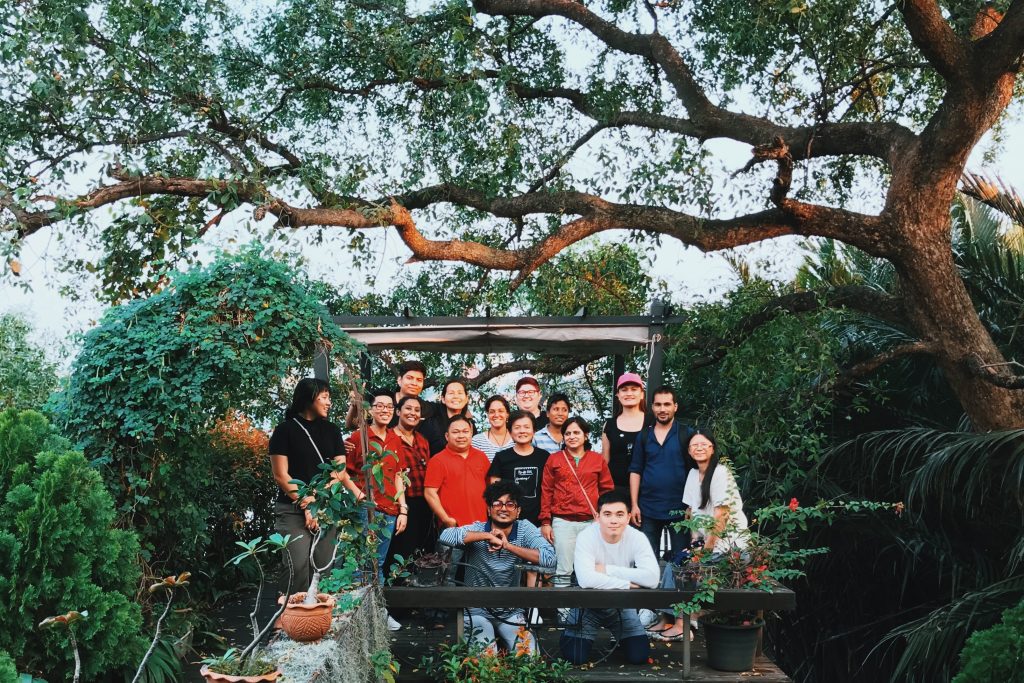
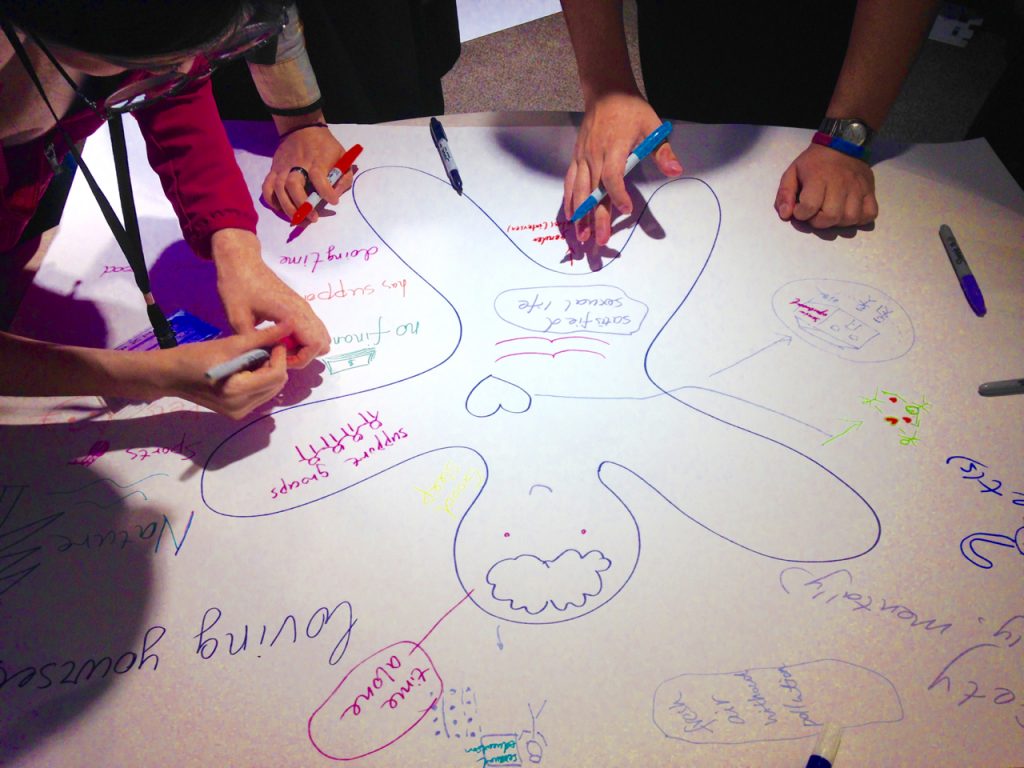
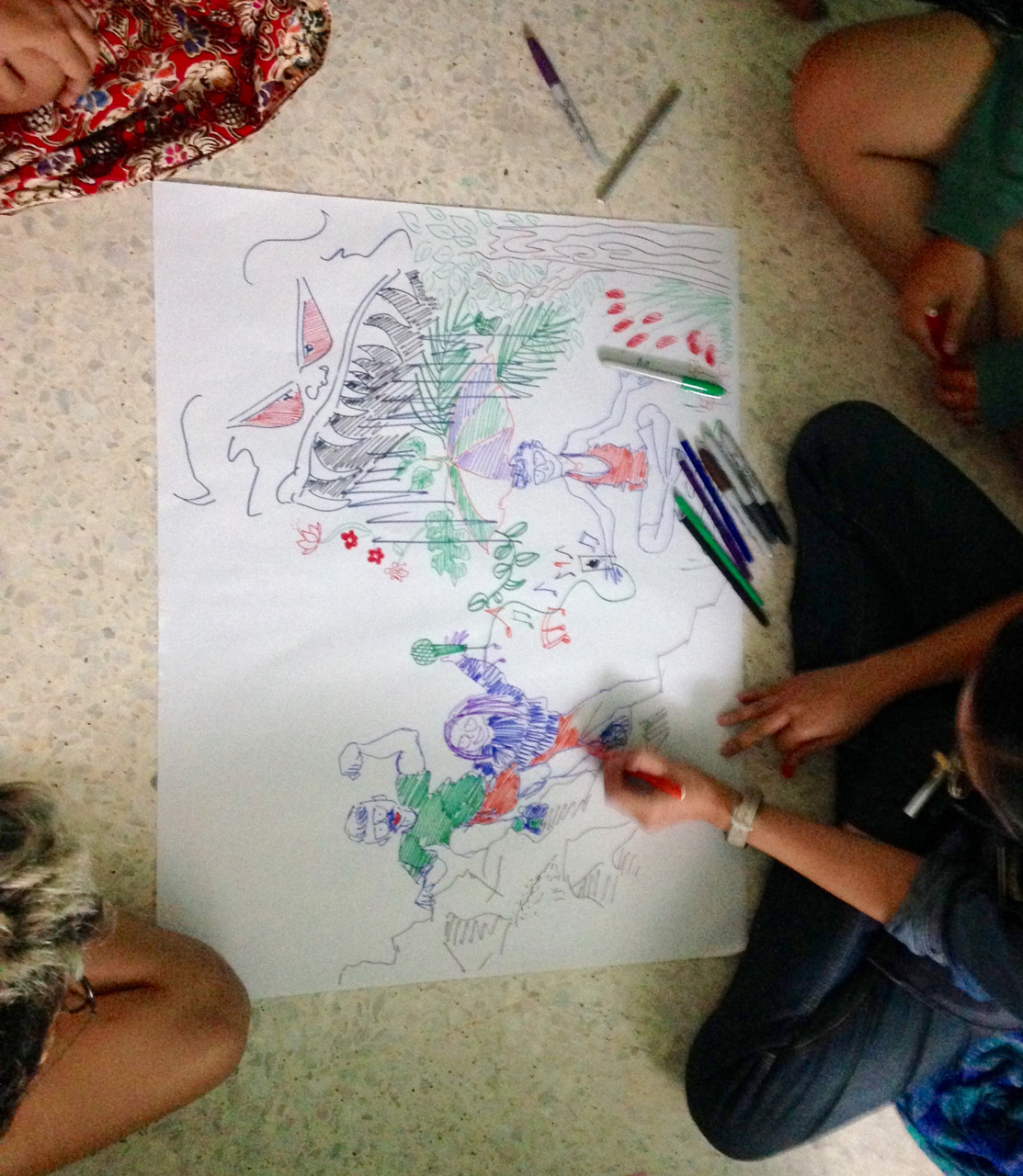
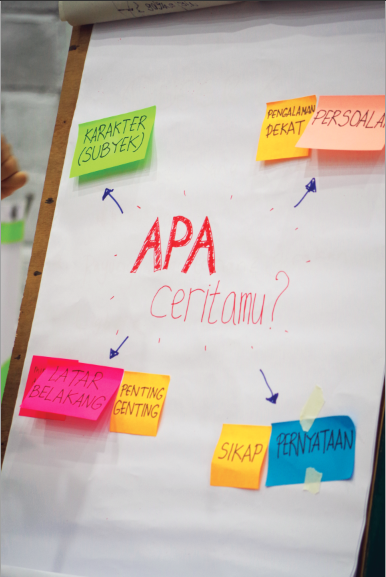



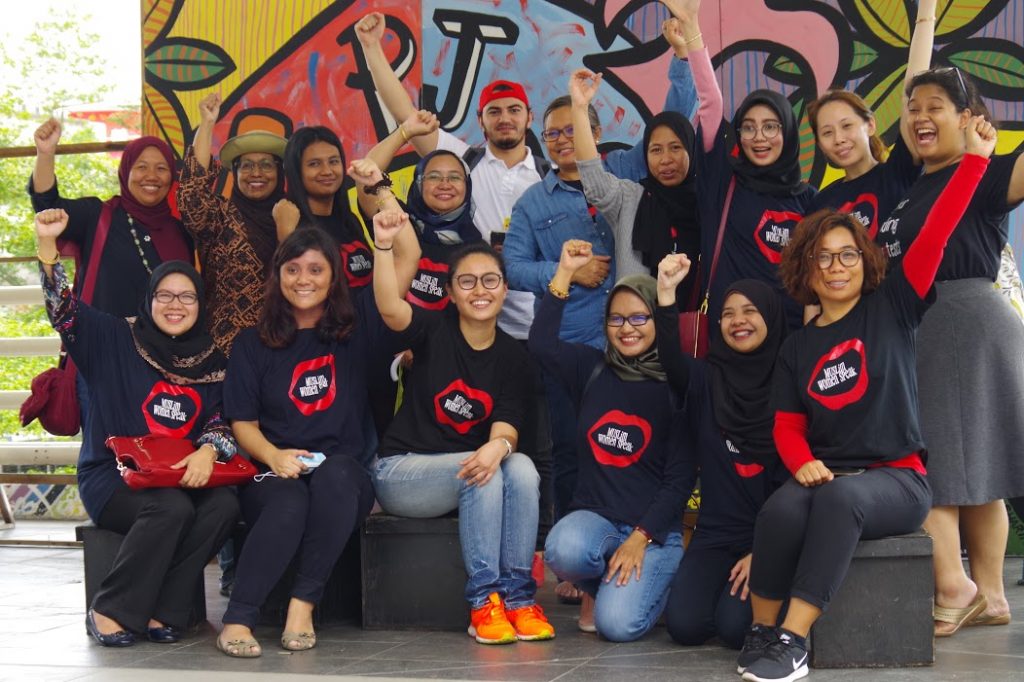








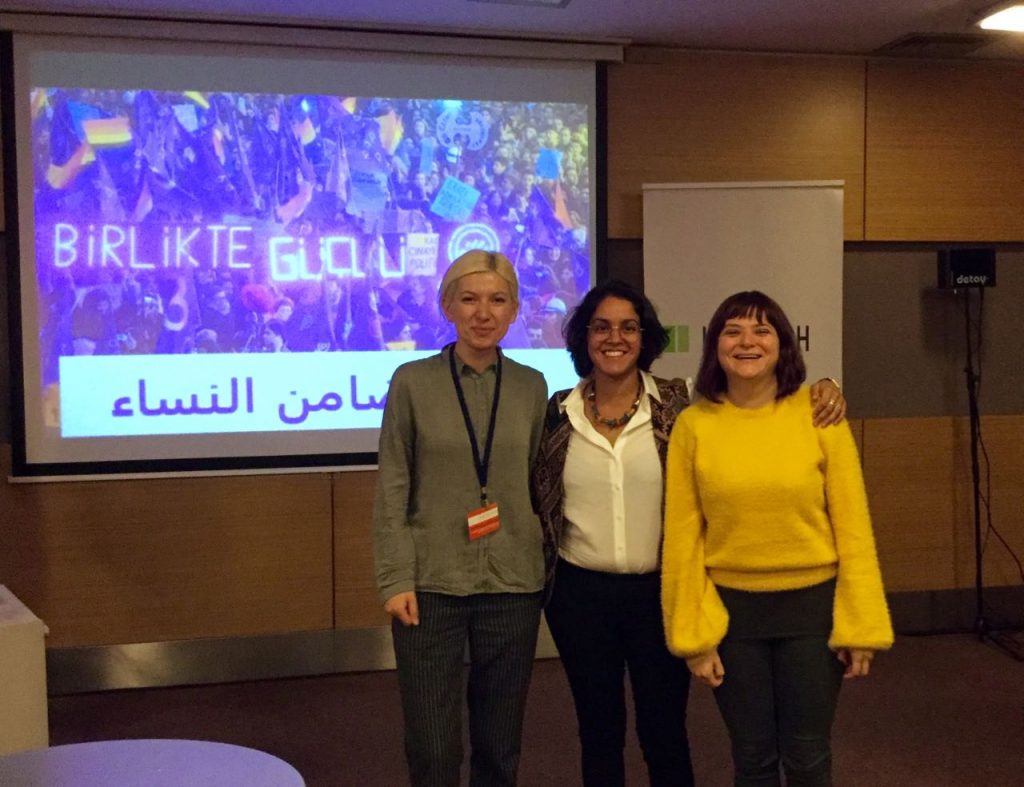
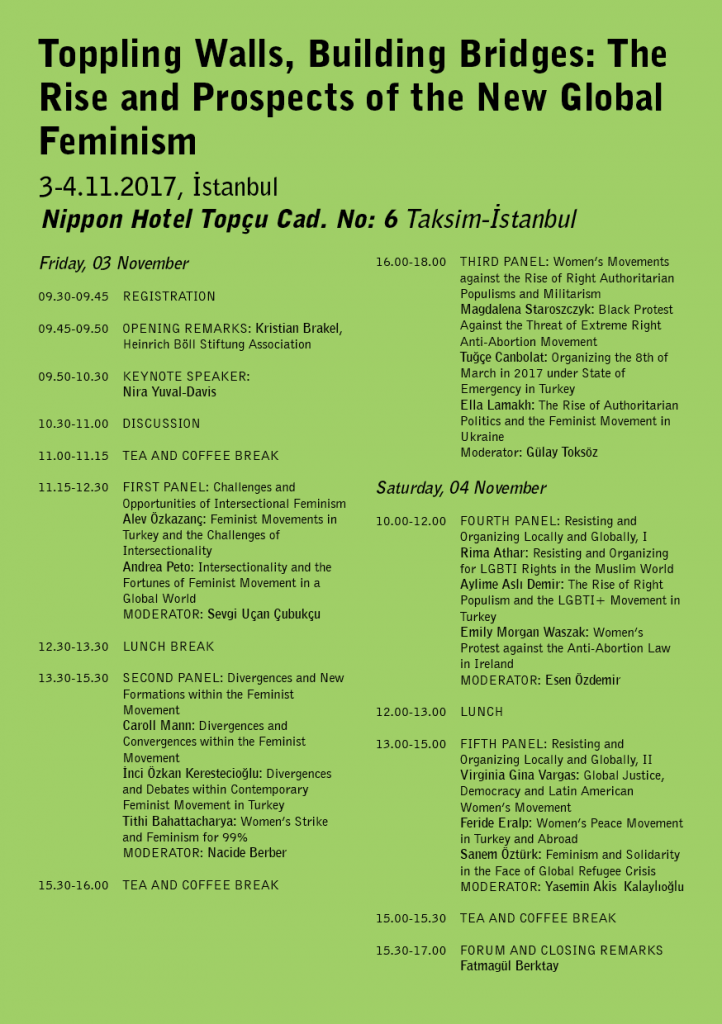
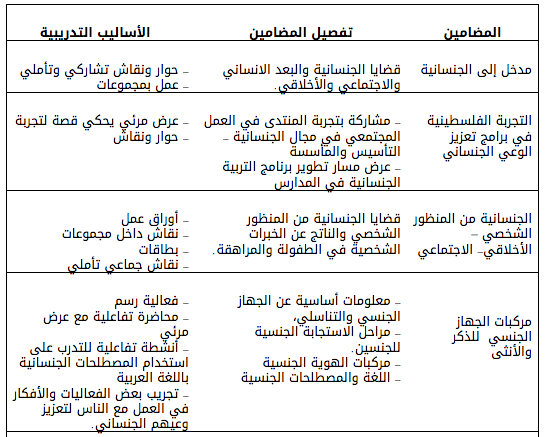



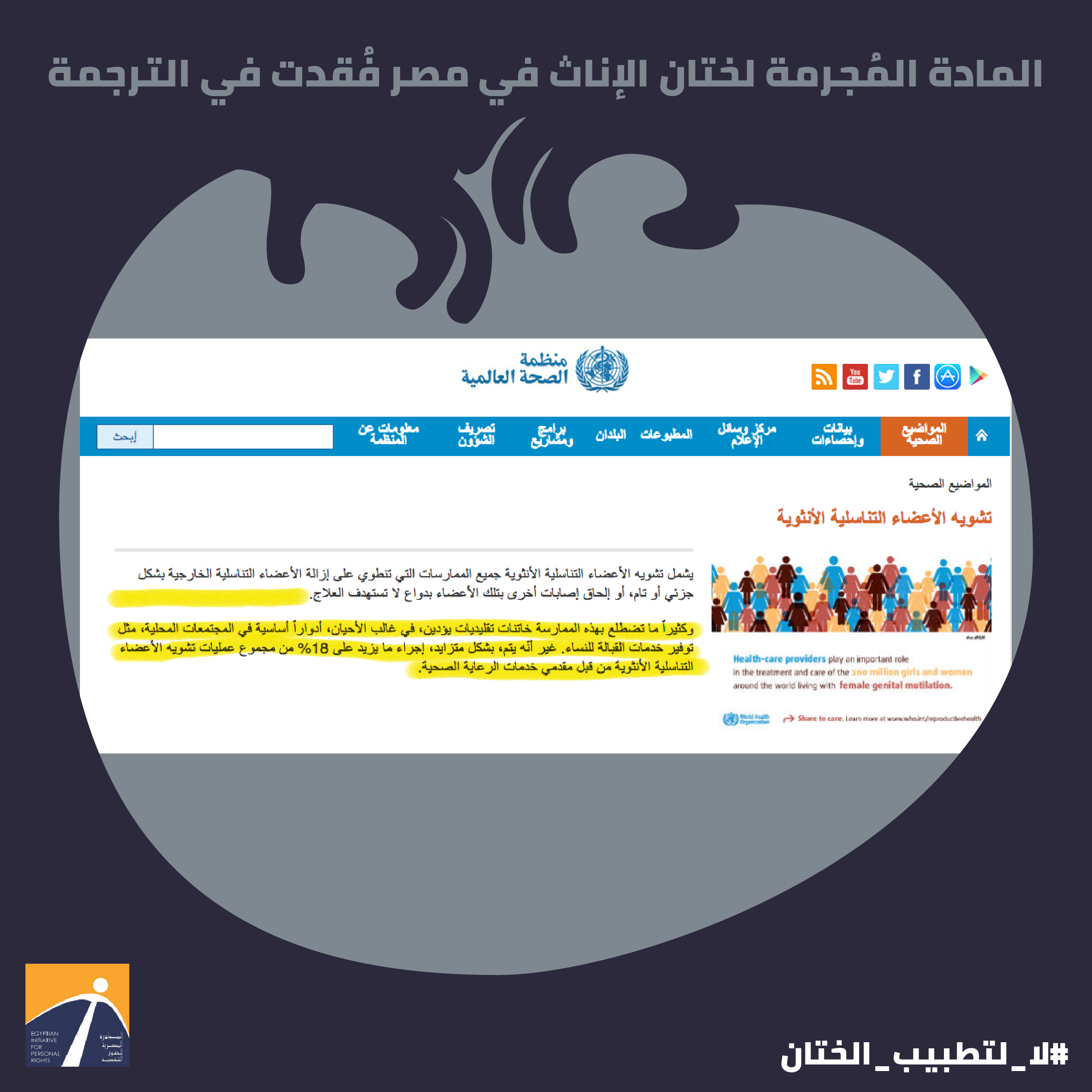
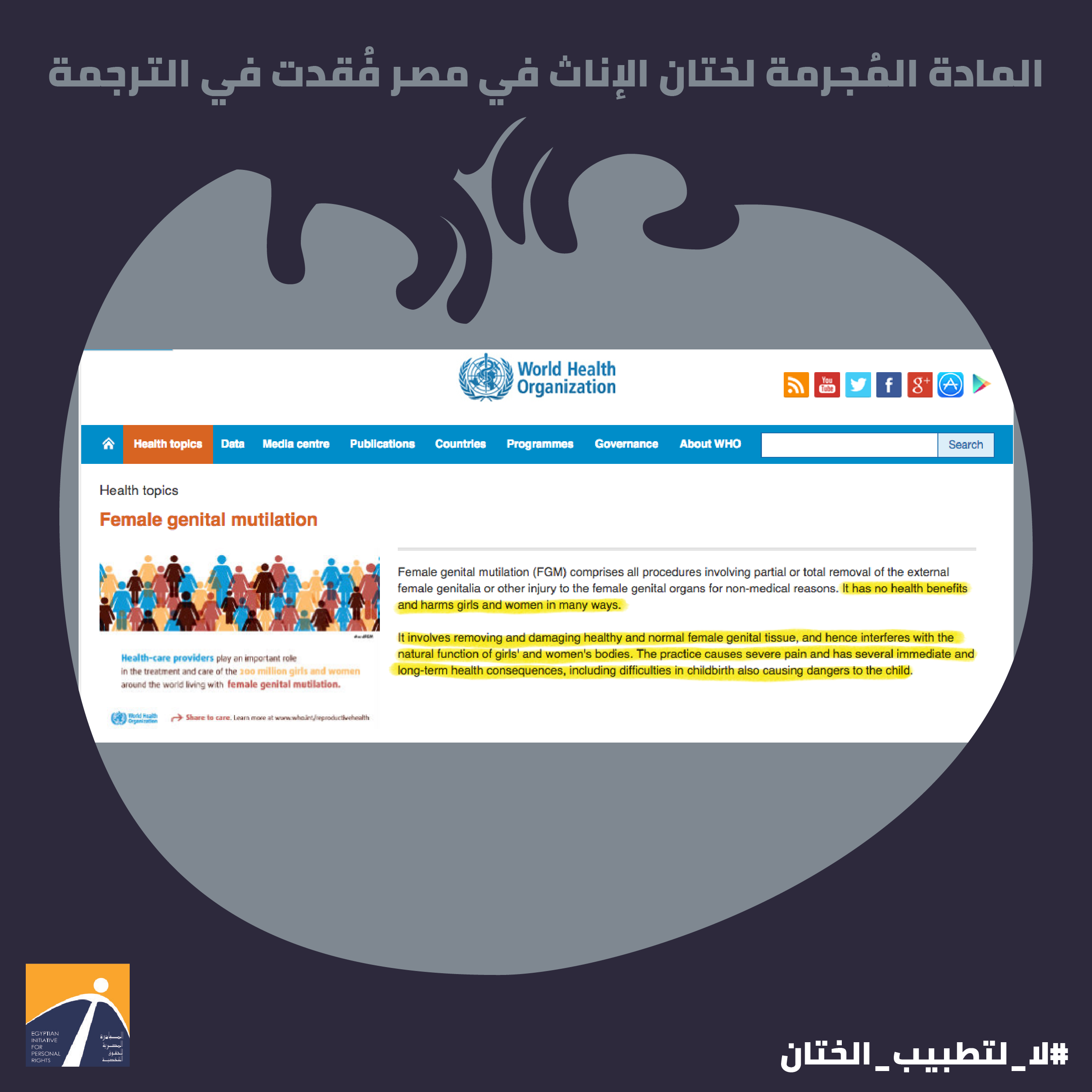




 Nilgün Yıldırım Şener of the Human Resource Development Foundation (İKGV) stated that sexual violence is used as a method of war between the fighting parties in Syria. Giving examples from the cases they encounter in the counseling center for Syrian asylum-seekers set up in Esenler, İstanbul, Şener stressed that 10 out of every 100 asylum-seekers applying to the center have been subjected to sexual violence. She said that among the case files opened at the center during the January-July 2015 period, 89 of the sexual violence victims were women, 37 men, and 9 were LGBTI individuals. Delivering a summary of the sexual and bodily rights violations of women and LGBTI, Şener underlined that housing is the gravest problem along with the very widespread fear of harassment and rape. She also talked about the prevalence of major problems such as the constantly changing practices regarding access to health care services, and the impossibility of access to services such as birth control and abortion.
Nilgün Yıldırım Şener of the Human Resource Development Foundation (İKGV) stated that sexual violence is used as a method of war between the fighting parties in Syria. Giving examples from the cases they encounter in the counseling center for Syrian asylum-seekers set up in Esenler, İstanbul, Şener stressed that 10 out of every 100 asylum-seekers applying to the center have been subjected to sexual violence. She said that among the case files opened at the center during the January-July 2015 period, 89 of the sexual violence victims were women, 37 men, and 9 were LGBTI individuals. Delivering a summary of the sexual and bodily rights violations of women and LGBTI, Şener underlined that housing is the gravest problem along with the very widespread fear of harassment and rape. She also talked about the prevalence of major problems such as the constantly changing practices regarding access to health care services, and the impossibility of access to services such as birth control and abortion.